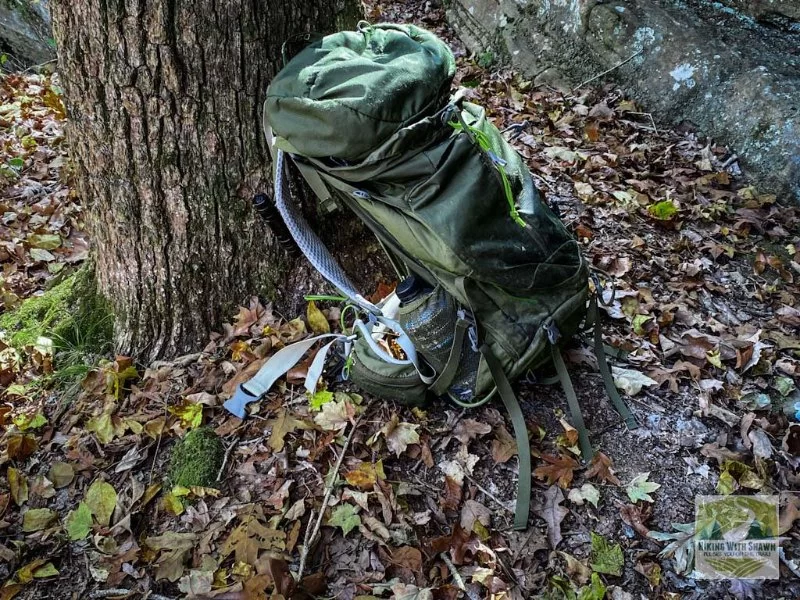Learn how to prepare for a multi-day backpacking trip with expert tips on gear, food, training, and safety. Discover strategies to make your outdoor adventure safe, enjoyable, and memorable.

- Trip-Planning-and-Route-Selection-for-Multi-Day-Backpacking
- Essential-Gear-Selection-for-Backpacking-Preparation
- Food-Strategy-and-Nutrition-on-the-Trail
- Physical-Preparation-and-Conditioning-for-Long-Hikes
- Safety-Considerations-and-Wilderness-Preparedness
- Real-Experiences-and-Backpacking-Case-Studies
- Resort-Support-and-Resources-for-Backpackers
Trip Planning and Route Selection for Multi-Day Backpacking
Before setting foot on the trail, carefully mapping your route is the first step in preparing for a multi-day backpacking trip. Choose trails that match your fitness level and experience, taking into account elevation, distance, and terrain challenges. For instance, hikers in Colorado often underestimate how quickly altitude changes can sap energy, while Appalachian trails may demand endurance for long, rolling climbs. A well-planned itinerary allows you to balance challenge and enjoyment, ensuring you don’t burn out too early in the journey.
Essential Gear Selection for Backpacking Preparation
The right gear can make or break your backpacking trip. From a reliable tent and lightweight sleeping bag to durable boots and weather-appropriate clothing, each item serves a critical purpose. Many experienced hikers follow the “big three” rule: pack wisely when it comes to your shelter, sleeping system, and backpack. Investing in quality gear reduces weight and increases comfort. At Pine Cliff Resort, you can find trusted outdoor equipment that has been tested by avid backpackers and outdoor enthusiasts, giving you confidence in your setup before heading out.
Food Strategy and Nutrition on the Trail
Proper nutrition is essential during a multi-day backpacking trip. The goal is to pack food that’s lightweight, calorie-dense, and easy to prepare. Trail mix, dehydrated meals, and protein bars are common staples. Some hikers swear by bringing a small spice kit to make meals more enjoyable. A memorable story from a thru-hiker on the Pacific Crest Trail involved trading instant ramen packets with other hikers, proving that food can also create connections along the journey. Planning your meals ahead ensures you have enough fuel without carrying unnecessary weight.
Physical Preparation and Conditioning for Long Hikes
Even the best gear won’t help if your body isn’t ready for the challenge. Conditioning should begin weeks or even months before your trip. Long walks with a weighted backpack, stair climbs, and cardio workouts prepare your body for uphill climbs and uneven terrain. One backpacker preparing for a trek in Yosemite practiced carrying a fully loaded pack up local hills for weeks before the trip—an effort that paid off when tackling steep trails with ease. Building endurance ahead of time can prevent injuries and make the experience more rewarding.
Safety Considerations and Wilderness Preparedness
Safety is one of the most critical aspects of how to prepare for a multi-day backpacking trip. Carrying a map, compass, or GPS is non-negotiable, and having a first-aid kit tailored for backcountry use is equally important. Wildlife encounters, sudden weather changes, and water purification challenges are real issues you must anticipate. For example, hikers in Montana once shared how a portable water filter saved them after their planned water source dried up. By preparing for the unexpected, you ensure your trip remains safe and enjoyable.
Real Experiences and Backpacking Case Studies
Backpacking stories often highlight the importance of preparation. A group of hikers in Utah underestimated the desert’s extreme temperature swings, leading to exhaustion and dehydration. Their experience underscores why research and readiness are vital. On the flip side, many seasoned backpackers share stories of breathtaking sunrises, wildlife sightings, and friendships forged on the trail—moments made possible because they took the time to prepare. These stories remind us that preparation doesn’t just prevent problems; it creates space for adventure and joy.
Resort Support and Resources for Backpackers
If you’re unsure about gear or preparation strategies, visiting a trusted provider can be invaluable. Pine Cliff Resort not only offers outdoor-friendly accommodations but also provides access to quality gear and expert advice. Whether you’re planning your first multi-day backpacking trip or refining your approach for the tenth, having professional resources ensures you’re better equipped for success. This support helps transform a potentially overwhelming challenge into a safe and memorable outdoor experience.
James Lee Campground
Belden, CA 95915, USA
Visit Location PageClearwater Lake campground
24511 Co Rd 42, Paisley, FL 32767, USA
Visit Location Page